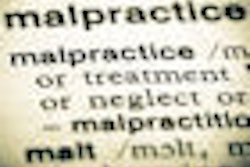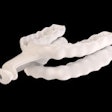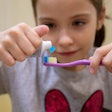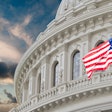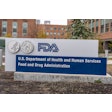The Ohio Legislature is considering a bill that would create a new type of supervision for dental hygienists working outside the dental office.
The bill, H.B. 190, introduced in late May by Rep. Lorraine Fende (D-Willowick), would allow dentists to send properly trained hygienists to certain designated public health settings outside the dental office and see patients without the dentist present.
The bill has the full support of the Ohio Dental Association (ODA), the organization said.
The new level of supervision, designated "public oral health supervision," ensures the dentist remains actively involved in patient care and assumes full responsibility for all care delivered, according to the ODA. Dentists will be required to review the health history of each patient prior to providing dental hygiene services to ensure those services can be provided safely.
Additionally, patients seen by a hygienist under public oral health supervision will have a subsequent appointment set with the dentist for the purposes of a diagnosis and treatment plan. A second set of hygiene services is not permitted until a dentist performs a diagnosis and treatment plan for the patient.
Hygienists and dentists wishing to practice under public oral health supervision will be required to obtain a permit from the Ohio State Dental Board. This will provide the dental board with the information necessary to monitor participants' adherence to acceptable standards. To receive the permit, a hygienist will have to meet the following requirements:
- Two years and a minimum of 3,000 hours of experience
- Completion of an eight-hour course approved by the dental board containing additional training in treating geriatric, medically compromised, developmentally disabled, and pediatric patients; record keeping; and other topics -- the course must be separate from the training required for a hygiene degree
- Completion of a course in medical emergencies
- A $20 permit fee
Practice under public oral health supervision is limited to certain public health settings and locations, including public schools located in dental professional shortage areas, healthcare facilities, correctional institutions, Head Start programs, mental retardation or developmental disabilities (MR/DD) residential facilities, Federally Qualified Health Centers (FQHCs), nonprofit clinics, and other locations.
Copyright © 2009 DrBicuspid.com






